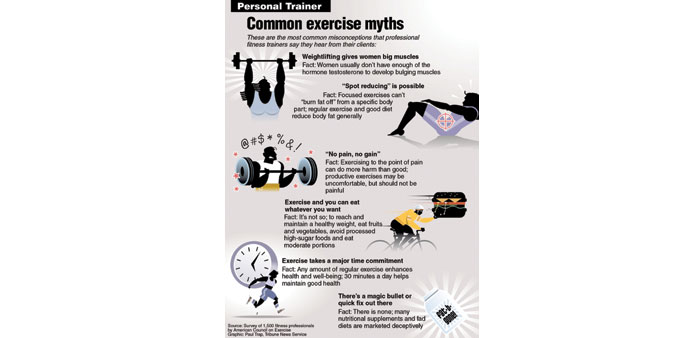Self-weighing can be a useful tool to help adults control their weight, but for young women this behaviour may have negative psychological outcomes, says a new study.
Among females, frequently self-weighing is significantly related to weight concern, depression and decreases in body satisfaction and self-esteem, the study found.
“Females who strongly agreed they self-weighed reported engaging in extremely dangerous weight-control behaviours at a rate of 80%,” said lead author of the study Carly Pacanowski from University of Minnesota in the US.
“Adolescent obesity is a public health concern, but body dissatisfaction and weight concerns are predictors of eating disorders,” Pacanowski explained.
“This makes it critical that obesity-prevention programmes avoid exacerbating these predictors by understanding how behaviours such as self-weighing affect teens,” Pacanowski noted.
The researchers tracked 1,902 young adults over 10 years as a part of project EAT (Eating and Activity in Teens and Young Adults).
Results indicated that females who reported increase in self-weighing over the 10-year period were expected to have increase in weight concern and depressive symptoms and decreases in body satisfaction and self-esteem. As such, self-weighing may not be an innocuous behaviour and care should be taken when young adults report self-weighing. The study was published in the journal of Nutrition Education and Behaviour. — IANS
Energy drinks may up blood pressure
A new study has linked the consumption of energy drinks to serious cardiovascular disorders possibly due to the caffeine and other stimulants they contain.
The researchers from Mayo Clinic, Rochester, examined the effect of energy drink consumption on hemodynamic changes, such as blood pressure and heart rate.
Anna Svatikova and her colleagues randomly assigned 25 healthy volunteers (age 18 years or older) to consume a can (480ml) of a commercially available energy drink and placebo drink within five minutes, in random order on two separate days, a maximum two weeks apart.
The placebo drink, selected to match the nutritional constituents of the energy drink, was similar in taste, texture, and colour but lacked caffeine and other stimulants of the energy drink.
The researchers found that caffeine levels remained unchanged after the placebo drink, but increased significantly after energy drink consumption.
The energy drink’s consumption elicited a 6.2% increase in systolic blood pressure while diastolic blood pressure increased by 6.8%.
The average blood pressure increased by 6.4% after consumption of the energy drink. There was no significant difference in heart rate increase between the two groups, the researchers found.
The average norepinephrine level increased from 150 pg/ml to 250 pg/ml after consumption of the energy drink and from 140 pg/ml to 179 pg/ml after placebo. “These acute hemodynamic and adrenergic changes may predispose to increased cardiovascular risk,” the authors observed.
The study was presented at the American Heart Association’s Scientific Sessions 2015. — IANS
Eat home-made food to cut diabetes risk
Eating meals prepared at home may reduce the risk of developing type-2 diabetes, a recent study reveals.
Eating fast food from restaurants is associated with lower diet quality and higher body weight in children and young adults and is also a major risk factor for heart disease, according to the researchers.
“The trend for eating commercially prepared meals in restaurants or as take-out in the US has increased significantly over the last 50 years,” said Geng Zong from Harvard T H Chan School of Public Health in Boston, Massachusetts.
People who ate two homemade meals each day, or about 11-14 meals a week, had 13% lower risk of developing type-2 diabetes compared to people who ate less than six homemade meals a week.
The study included nearly 58,000 women and more than 41,000 men up to 36 years from 1986-2012. None of the participants had diabetes, cardiovascular disease or cancer at the beginning of the study.
The researchers demonstrated that eating homemade meals was associated with less weight gain over eight years in these middle-aged and older health professionals. Overweight and obesity are risk factors for cardiovascular disease and type-2 diabetes.
The research was presented at the American Heart Association’s Scientific Sessions recently in 2015. — IANS

